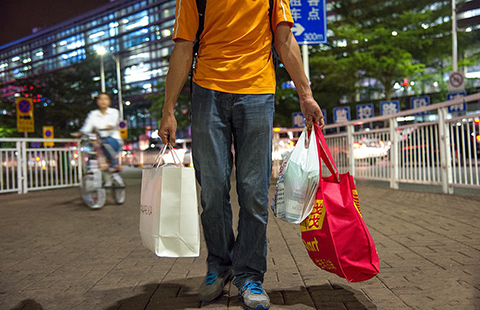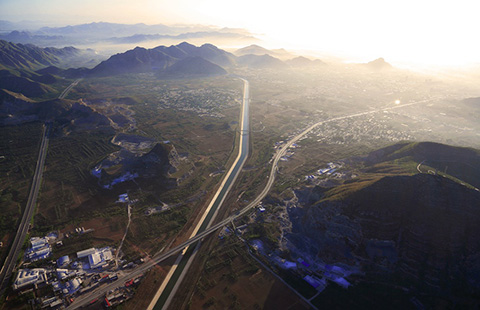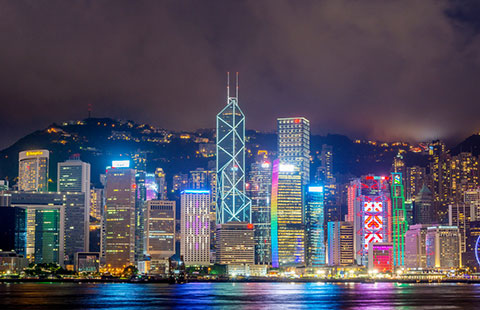China's extensive reforms benefit whole world
(Xinhua) Updated: 2015-10-16 16:58He explained that as China's consumption is going up, its imports of foreign goods and services will also be pushed up, therefore the current account surplus will be diminishing; and when the currencies in the Western countries are depreciating, Chinese currency is going to appreciate, which will damage its exports further.
In order to have a stable overall balance of payments, China has to open its capital account to finance the falling current account surplus decline or a deficit, Dehn said, cautioning that might lead to market and currency volatilities.
He suggested China attract long-term institutional investors like pension funds, insurance companies, sovereign wealth funds and central banks, because they are large and sophisticated investors that have a long-term view.
"It is quite important to speed up the process of granting the RQFII (Renminbi qualified foreign institutional investor) quotas, and to screen and allocate more quotas to such investors," said Dehn.
He advised China to convert the QFII (Qualified Foreign Institutional Investor) quotas to RQFII, as the later investment vehicle give investors daily dealing and basically free access to the market.
He added that when a market is first opened up, it faces speculators, retail investors, hedge funds and other short-term investors, and that is why China's currency market and stock market saw volatilities over the past few months.
Central bank's role
China's central bank has to be involved in the reform towards a consumption-led growth and help facilitate Renminbi to become part of the special drawing right (SDR) of the International Monetary Fund, he said, adding: "A global reserve currency has huge advantages."
He took the United States as an example, saying the US dollar is the world's most preeminent reserve currency and that US companies do not need to buy foreign exchange for a transaction with foreign companies, and this means the United States does not need to have any foreign currency reserves, nor needs to export more than imports to build up those reserves, but only to feed consumption.
China is making very rapid progress in settling international transactions in Renminbi, from around 2 percent two years ago to the current more than 30 percent, and on the track to reach over 50 percent in the next couple of years, said the researcher.
"And if we have 50 percent settlement, then of course we don't need half of China's foreign exchange reserves. You can use the other half (of foreign exchange reserves) for investment purposes, or use them as starting capital for an investment bank, and then you can lever up the investment bank ten times like other banks do," he said.
"I think these will make China extremely powerful, because the world desperately needs infrastructure investment and many Western countries have too much debt, they cannot afford to make these investments themselves," he noted.
- Minsheng Bank launches three-year client-centered revitalization plan
- Chinese, foreign executives expect yuan to become fully convertible in five years
- Rule of law benefits British investors in China
- British companies looking positively at China's market, reform
- JD Smart introduces further strategy to link US startups with Chinese early adopters
- What's the odds for inclusion of RMB in IMF's SDR basket?
- A day in the life of a purchasing agent
- Beijing and Jakarta form JV to build high-speed rail in Indonesia

















